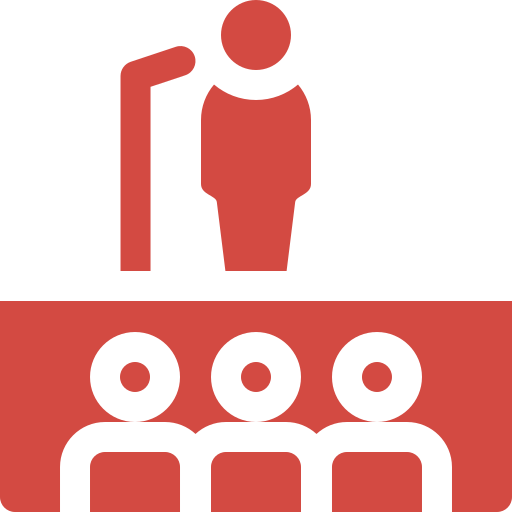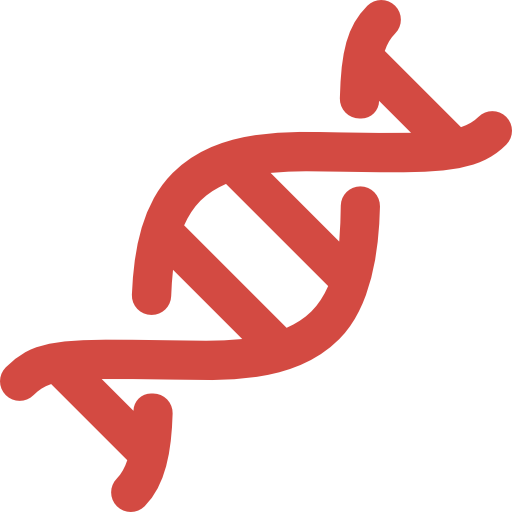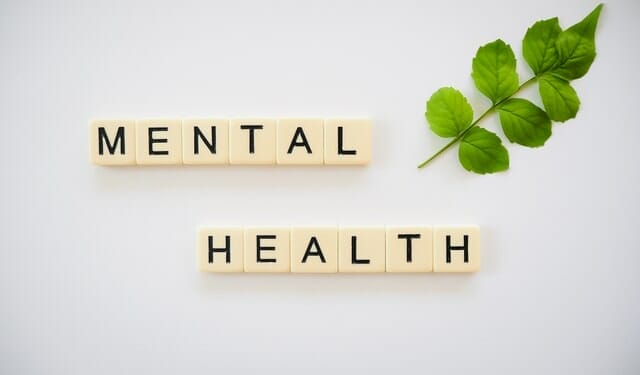 Studies demonstrate that the large amounts of added sugars—including cane and beet sugar, high-fructose corn
Studies demonstrate that the large amounts of added sugars—including cane and beet sugar, high-fructose corn
syrup, plain corn syrup, and dextrose—in our diets are harming much more than our teeth.
According to estimates by the U.S. Department of Agriculture, the average person takes in almost 400 calories’ worth of refined sugars a day, and many people consume far more. In fact, more than 35 million people get more than a quarter of their calories from refined sugars. Almost half of that sugar comes from liquid candy: soft drinks, sports drinks, energy drinks, fruit drinks, and the like.
Studies that track thousands of people for years find that those who consume more sugary drinks have a higher risk of weight gain, diabetes, heart disease, and gout. When scientists give people sugary drinks, they see a rise in deep belly fat and in blood levels of triglycerides, glucose, insulin, and LDL (“bad”) cholesterol—all precursors of heart disease. Moreover, the more sugar (from foods and beverages) that people consume, the fewer nutrients they get.
The American Heart Association recommends that women consume no more than six teaspoons of added sugars a day and that men consume no more than nine. To put that into context, a can of Coke contains nine teaspoons of added sugars and a 6 oz. flavored yogurt has about five teaspoons.
But advice from health experts can do only so much in a society where cheap sugary drinks and foods are sold at every fast-food outlet, convenience store, coffee shop, gas station, drugstore, and supermarket.
The time has come for the Food and Drug Administration to re-evaluate the safety of sugary drinks. The Center for Science in the Public Interest, several dozen nutrition experts, seven local health departments, and 15 nonprofit organizations have asked the FDA to do just that.
For more information go to www.NutritionAction.com



























